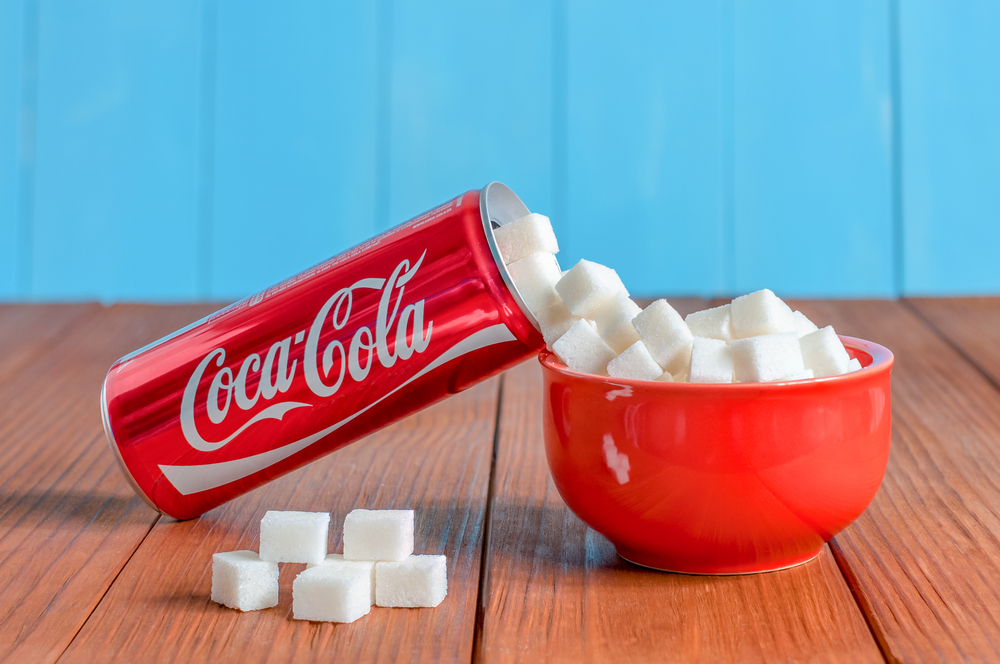A recently published study in the journal Social Science & Medicine is suggesting a special tax placed on sugary drinks that adjusts to the amount of calories present per liter could help reduce obesity. While the concept of placing a tax on high-sugar drinks is not exactly new, dose-based taxing is, and according to this study, may help urge drink companies make low-calorie, low-sugar alternatives available to its consumers. The study is titled, “Taxes on tobacco, alcohol and sugar sweetened beverages: Linkages and lessons learned.”
It was January 2014 when Mexico took the first step as a country in taxing sugary drinks. It taxed one peso (approx. $0.07) per liter, which amounts to 10% of the drink’s retail price. The tax is placed on all drinks that contain sugar. According to statistics, Mexico consumes the most sugary drinks among all the countries in the world, with Coca-Cola products consumed at around 745 servings per person per year, compared to the global average of 94. Interim results of this nationwide change show a reduction in the consumption of sugary drinks.
“Taxing sugary drinks isn’t a new concept, but given the immediacy of the global obesity problem, it’s time we got creative with how we approach it,” said author of the study Dr. Evan Blecher, Senior Economist at the American Cancer Society. “We could get sharper effects from taxation if we tax the dose of an ingredient, like sugar, or calories.”
For this study, Dr. Blecher compared the effects between placing tax on tobacco, alcohol and sugary drinks in South Africa. With tobacco tax, this meant taxing by the piece. For alcohol and sugary drinks, tax would apply by volume. The dose approach to taxing was observed to be effective in reducing alcohol consumption in the region, lowering it by as much as 12% since 1998.
“Effectively, this is not that different from the conceptual understanding of carbon taxes – the idea is to tax the dose of the pollutant to incentivize consumers and producers to use better technologies to reduce carbon,” said Dr. Blecher. “We could use it as a mechanism for taxing fuel: at the moment all petrol is taxed at a flat rate, but different petrols release varying amounts of pollutants in to the atmosphere. Taxing according to pollutant production could be a new approach.”


